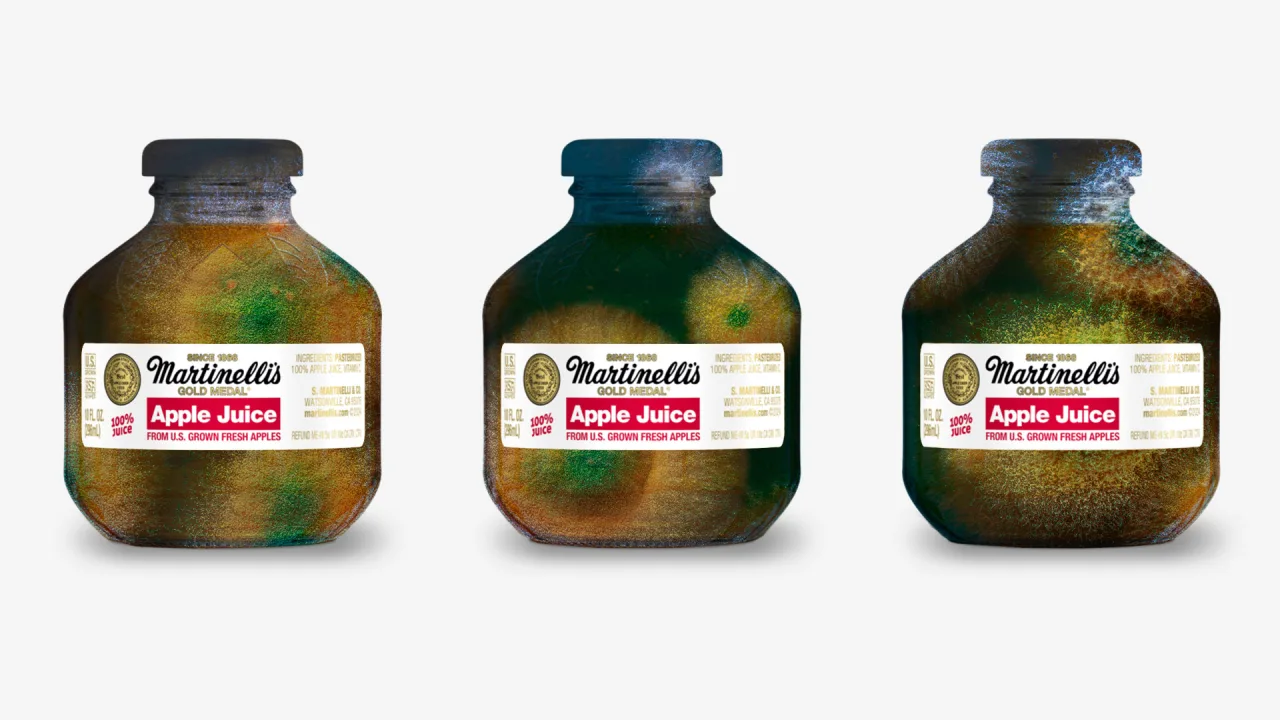Master Complete TypeScript Cheat Sheet.
Want to master TypeScript with full projects, tips, and best practices? Grab the full ebook here: ➡️ https://codewithdhanian.gumroad.com/l/hkztg 1. Basic Types // Primitive types let age: number = 25; let userName: string = "Alice"; let isAdmin: boolean = true; // Arrays let scores: number[] = [90, 80, 70]; let fruits: Array = ["apple", "banana"]; // Tuples (fixed length and types) let user: [string, number] = ["John", 30]; // Object let person: { name: string; age: number } = { name: "Bob", age: 40, }; // Null and Undefined let nothing: null = null; let something: undefined = undefined; // Any (avoid if possible) let randomValue: any = 5; randomValue = "Hello"; // Unknown (safer than any) let input: unknown = "Test"; // input.toUpperCase(); // Error without type check if (typeof input === "string") { input.toUpperCase(); } 2. Functions // Function with type annotations function add(a: number, b: number): number { return a + b; } // Optional parameters function greet(name?: string): void { console.log(`Hello, ${name || "Guest"}`); } // Default parameters function multiply(a: number, b: number = 2): number { return a * b; } 3. Type Aliases and Interfaces // Type alias type UserID = number | string; // Interface interface User { id: UserID; name: string; isAdmin: boolean; } // Extending interfaces interface Admin extends User { role: string; } 4. Advanced Types // Union types let id: number | string = 123; // Intersection types type Employee = { name: string } & { age: number }; // Literal types let direction: "left" | "right" | "center" = "left"; // Enum (constant sets) enum Status { Pending, Active, Completed, } let taskStatus: Status = Status.Active; 5. Classes and Access Modifiers class Animal { public name: string; protected age: number; private isAlive: boolean; constructor(name: string, age: number) { this.name = name; this.age = age; this.isAlive = true; } public greet(): void { console.log(`Hi, I'm ${this.name}`); } } // Inheritance class Dog extends Animal { breed: string; constructor(name: string, age: number, breed: string) { super(name, age); this.breed = breed; } bark(): void { console.log("Woof!"); } } 6. Generics // Generic function function identity(arg: T): T { return arg; } // Generic array let output = identity("Hello"); // Generic interface interface ApiResponse { data: T; status: number; } // Generic class class Box { contents: T; constructor(contents: T) { this.contents = contents; } } 7. Utility Types // Partial (make properties optional) type PartialUser = Partial; // Required (make all properties required) type RequiredUser = Required; // Pick (select specific properties) type PickUser = Pick; // Omit (remove specific properties) type OmitUser = Omit; // Readonly (make properties immutable) type ReadonlyUser = Readonly; 8. Type Guards and Narrowing // Type guard with typeof function padLeft(value: string, padding: string | number) { if (typeof padding === "number") { return Array(padding + 1).join(" ") + value; } if (typeof padding === "string") { return padding + value; } throw new Error("Expected string or number"); } // Type guard with 'in' keyword interface Fish { swim(): void } interface Bird { fly(): void } function move(animal: Fish | Bird) { if ("swim" in animal) { animal.swim(); } else { animal.fly(); } } 9. Mapped, Conditional, and Template Literal Types // Mapped types type OptionsFlags = { [Property in keyof Type]: boolean; }; // Conditional types type IsString = T extends string ? true : false; // Template literal types type EventName = `on${Capitalize}`; 10. Modules, Namespaces, and Configurations // Export and Import (ES Modules) export interface Car { model: string; } import { Car } from "./Car"; // Namespace (old pattern) namespace Utility { export function log(message: string) { console.log(message); } } Utility.log("Test"); // tsconfig.json essentials { "compilerOptions": { "target": "ES6", "module": "commonjs", "strict": true, "esModuleInterop": true, "outDir": "./dist", "rootDir": "./src" } } 11. DOM and Events // Access DOM elements safely const button = document.querySelector('button') as HTMLButtonElement; button.addEventListener('click', (e: MouseEvent) => { console.log(e.clientX, e.clientY); }); 12. TypeScript with React, Node.js, Express // React Props typing interface ButtonProps { text: string; } const Button: React.FC = ({ text }) => { return {text}; }; // Express Request typing import express, { Request, Response } from 'express'; const app = express(); app.get('/', (req: R
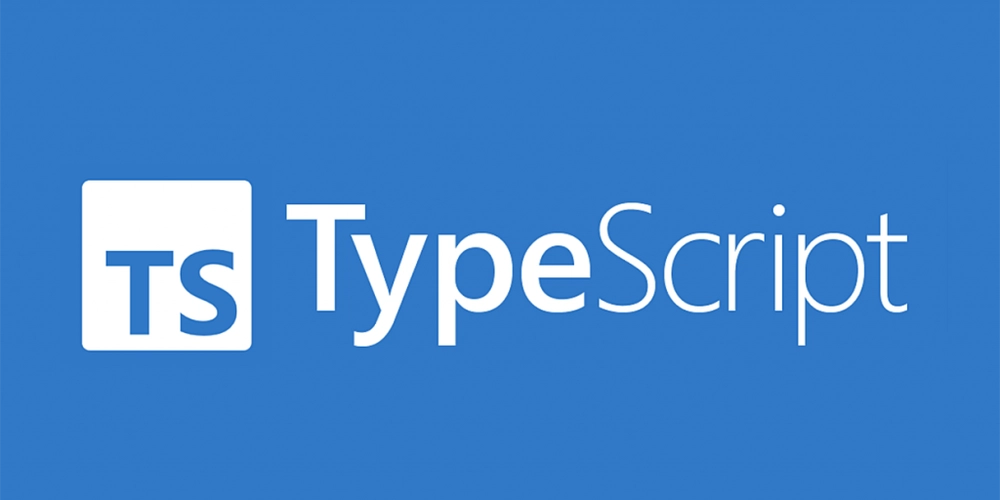
Want to master TypeScript with full projects, tips, and best practices? Grab the full ebook here:
➡️ https://codewithdhanian.gumroad.com/l/hkztg
1. Basic Types
// Primitive types
let age: number = 25;
let userName: string = "Alice";
let isAdmin: boolean = true;
// Arrays
let scores: number[] = [90, 80, 70];
let fruits: Array<string> = ["apple", "banana"];
// Tuples (fixed length and types)
let user: [string, number] = ["John", 30];
// Object
let person: { name: string; age: number } = {
name: "Bob",
age: 40,
};
// Null and Undefined
let nothing: null = null;
let something: undefined = undefined;
// Any (avoid if possible)
let randomValue: any = 5;
randomValue = "Hello";
// Unknown (safer than any)
let input: unknown = "Test";
// input.toUpperCase(); // Error without type check
if (typeof input === "string") {
input.toUpperCase();
}
2. Functions
// Function with type annotations
function add(a: number, b: number): number {
return a + b;
}
// Optional parameters
function greet(name?: string): void {
console.log(`Hello, ${name || "Guest"}`);
}
// Default parameters
function multiply(a: number, b: number = 2): number {
return a * b;
}
3. Type Aliases and Interfaces
// Type alias
type UserID = number | string;
// Interface
interface User {
id: UserID;
name: string;
isAdmin: boolean;
}
// Extending interfaces
interface Admin extends User {
role: string;
}
4. Advanced Types
// Union types
let id: number | string = 123;
// Intersection types
type Employee = { name: string } & { age: number };
// Literal types
let direction: "left" | "right" | "center" = "left";
// Enum (constant sets)
enum Status {
Pending,
Active,
Completed,
}
let taskStatus: Status = Status.Active;
5. Classes and Access Modifiers
class Animal {
public name: string;
protected age: number;
private isAlive: boolean;
constructor(name: string, age: number) {
this.name = name;
this.age = age;
this.isAlive = true;
}
public greet(): void {
console.log(`Hi, I'm ${this.name}`);
}
}
// Inheritance
class Dog extends Animal {
breed: string;
constructor(name: string, age: number, breed: string) {
super(name, age);
this.breed = breed;
}
bark(): void {
console.log("Woof!");
}
}
6. Generics
// Generic function
function identity<T>(arg: T): T {
return arg;
}
// Generic array
let output = identity<string>("Hello");
// Generic interface
interface ApiResponse<T> {
data: T;
status: number;
}
// Generic class
class Box<T> {
contents: T;
constructor(contents: T) {
this.contents = contents;
}
}
7. Utility Types
// Partial (make properties optional)
type PartialUser = Partial<User>;
// Required (make all properties required)
type RequiredUser = Required<User>;
// Pick (select specific properties)
type PickUser = Pick<User, "id" | "name">;
// Omit (remove specific properties)
type OmitUser = Omit<User, "isAdmin">;
// Readonly (make properties immutable)
type ReadonlyUser = Readonly<User>;
8. Type Guards and Narrowing
// Type guard with typeof
function padLeft(value: string, padding: string | number) {
if (typeof padding === "number") {
return Array(padding + 1).join(" ") + value;
}
if (typeof padding === "string") {
return padding + value;
}
throw new Error("Expected string or number");
}
// Type guard with 'in' keyword
interface Fish { swim(): void }
interface Bird { fly(): void }
function move(animal: Fish | Bird) {
if ("swim" in animal) {
animal.swim();
} else {
animal.fly();
}
}
9. Mapped, Conditional, and Template Literal Types
// Mapped types
type OptionsFlags<Type> = {
[Property in keyof Type]: boolean;
};
// Conditional types
type IsString<T> = T extends string ? true : false;
// Template literal types
type EventName = `on${Capitalize<string>}`;
10. Modules, Namespaces, and Configurations
// Export and Import (ES Modules)
export interface Car {
model: string;
}
import { Car } from "./Car";
// Namespace (old pattern)
namespace Utility {
export function log(message: string) {
console.log(message);
}
}
Utility.log("Test");
// tsconfig.json essentials
{
"compilerOptions": {
"target": "ES6",
"module": "commonjs",
"strict": true,
"esModuleInterop": true,
"outDir": "./dist",
"rootDir": "./src"
}
}
11. DOM and Events
// Access DOM elements safely
const button = document.querySelector('button') as HTMLButtonElement;
button.addEventListener('click', (e: MouseEvent) => {
console.log(e.clientX, e.clientY);
});
12. TypeScript with React, Node.js, Express
// React Props typing
interface ButtonProps {
text: string;
}
const Button: React.FC<ButtonProps> = ({ text }) => {
return <button>{text}</button>;
};
// Express Request typing
import express, { Request, Response } from 'express';
const app = express();
app.get('/', (req: Request, res: Response) => {
res.send('Hello with TypeScript');
});
13. Advanced Topics
// Keyof and typeof
type UserKeys = keyof User; // "id" | "name" | "isAdmin"
const uName: UserKeys = "name";
// Infer (conditional inferencing)
type ReturnType<T> = T extends (...args: any[]) => infer R ? R : never;
// Declaration Merging
interface Window {
myCustomProp: string;
}
// Decorators (experimental)
function Log(target: any, propertyKey: string) {
console.log(`${propertyKey} was accessed`);
}
class Cat {
@Log
name: string = "Whiskers";
}
Final Thoughts
TypeScript is more than a language upgrade — it's a career upgrade.
It will make you a better JavaScript developer, a stronger backend engineer, and an even more reliable React or Node.js developer.
If you want to truly master it, grab the full ebook packed with full projects, in-depth explanations, and real-world examples:
➡️ Click here to get it: https://codewithdhanian.gumroad.com/l/hkztg
You owe it to your future self to master TypeScript. Start today!


































































































































































![[The AI Show Episode 143]: ChatGPT Revenue Surge, New AGI Timelines, Amazon’s AI Agent, Claude for Education, Model Context Protocol & LLMs Pass the Turing Test](https://www.marketingaiinstitute.com/hubfs/ep%20143%20cover.png)















































































































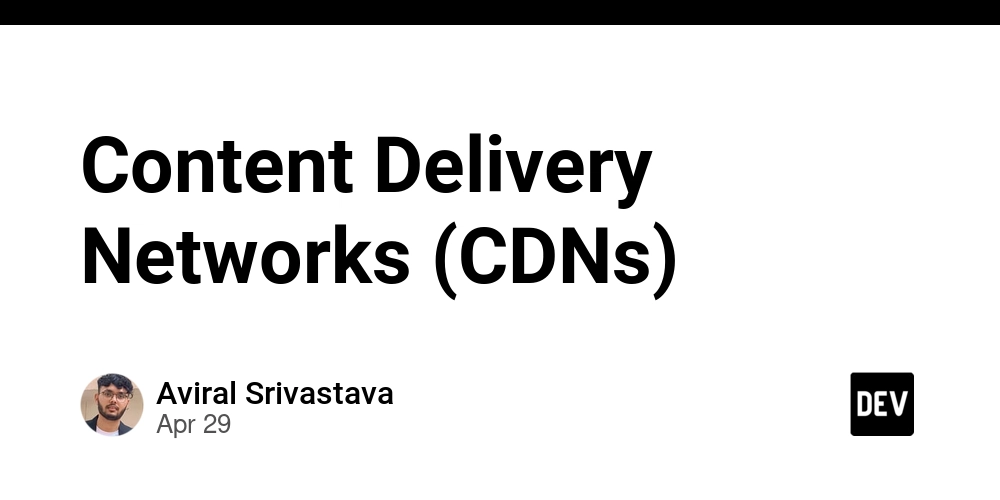




































































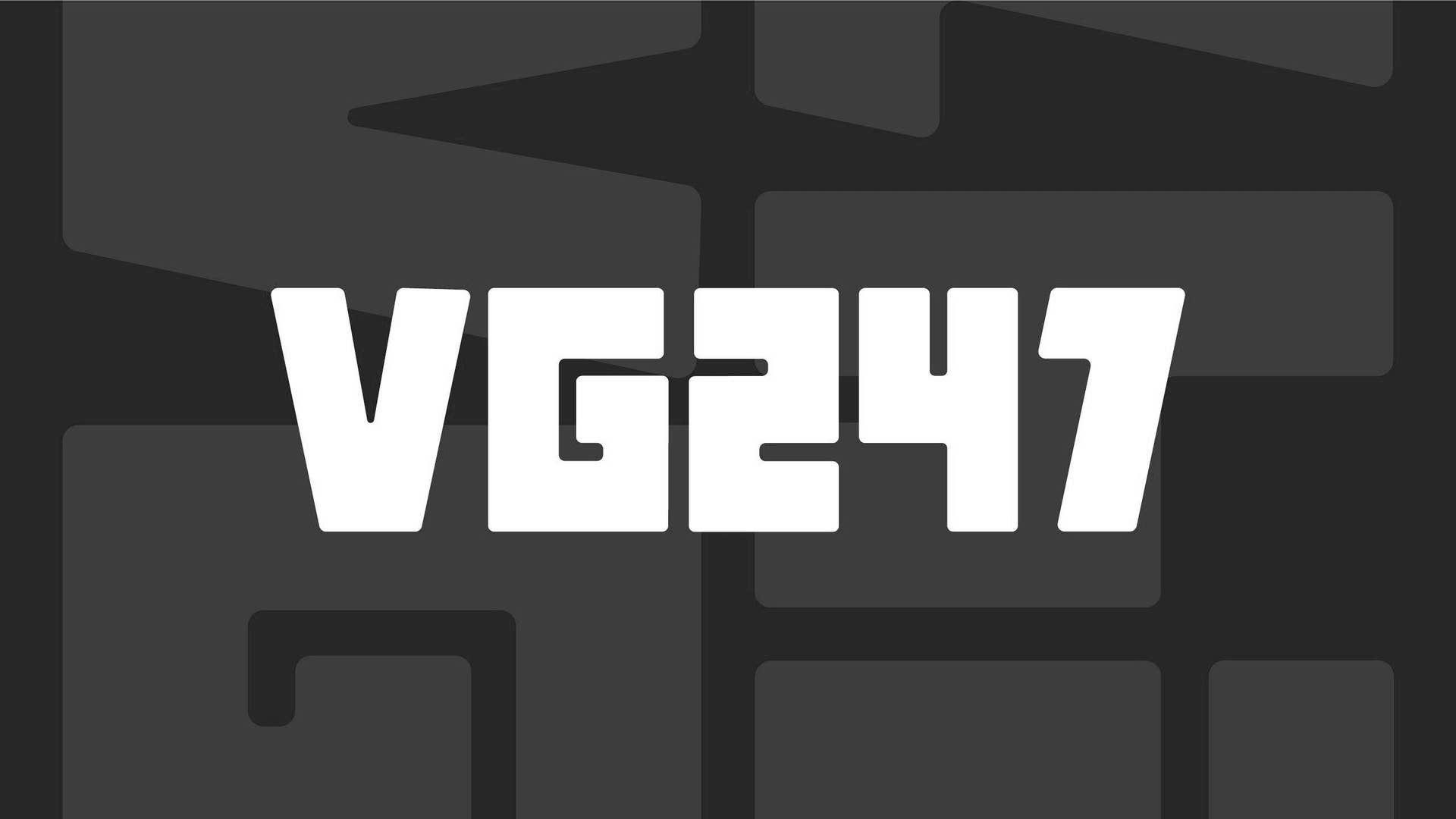



















































































_Muhammad_R._Fakhrurrozi_Alamy.jpg?width=1280&auto=webp&quality=80&disable=upscale#)
_NicoElNino_Alamy.jpg?width=1280&auto=webp&quality=80&disable=upscale#)


























































































![macOS 15.5 beta 4 now available for download [U]](https://i0.wp.com/9to5mac.com/wp-content/uploads/sites/6/2025/04/macOS-Sequoia-15.5-b4.jpg?resize=1200%2C628&quality=82&strip=all&ssl=1)


















![AirPods Pro 2 With USB-C Back On Sale for Just $169! [Deal]](https://www.iclarified.com/images/news/96315/96315/96315-640.jpg)
![Apple Releases iOS 18.5 Beta 4 and iPadOS 18.5 Beta 4 [Download]](https://www.iclarified.com/images/news/97145/97145/97145-640.jpg)
![Apple Seeds watchOS 11.5 Beta 4 to Developers [Download]](https://www.iclarified.com/images/news/97147/97147/97147-640.jpg)
![Apple Seeds visionOS 2.5 Beta 4 to Developers [Download]](https://www.iclarified.com/images/news/97150/97150/97150-640.jpg)


















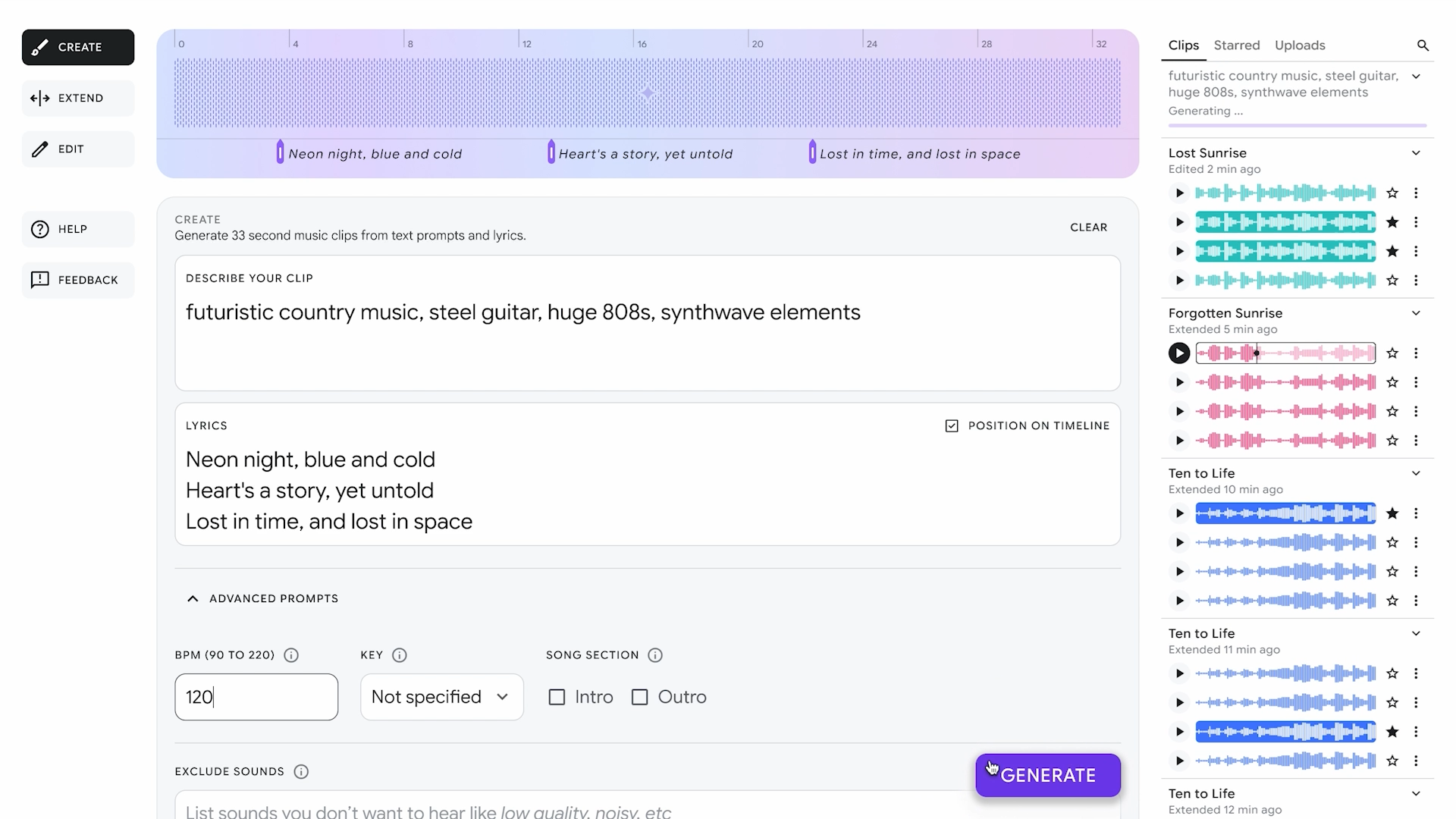




















![Apple Seeds Fourth Beta of iOS 18.5 to Developers [Update: Public Beta Available]](https://images.macrumors.com/t/uSxxRefnKz3z3MK1y_CnFxSg8Ak=/2500x/article-new/2025/04/iOS-18.5-Feature-Real-Mock.jpg)
![Apple Seeds Fourth Beta of macOS Sequoia 15.5 [Update: Public Beta Available]](https://images.macrumors.com/t/ne62qbjm_V5f4GG9UND3WyOAxE8=/2500x/article-new/2024/08/macOS-Sequoia-Night-Feature.jpg)



























